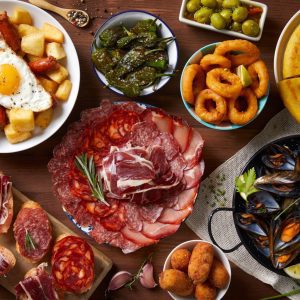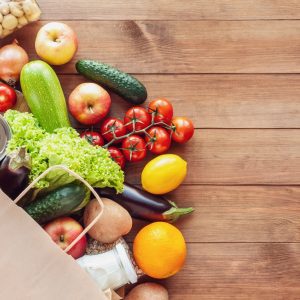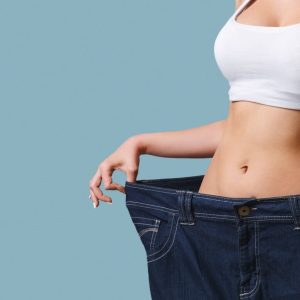When you work out your fitness goals may include losing weight, building muscle, or improving your cardiovascular health. To get the best results you have to know how to keep your energy levels up and how to help promote muscle recovery. Protein is not the only nutrient that is important when working out you also need carbohydrates, electrolytes, and fat.
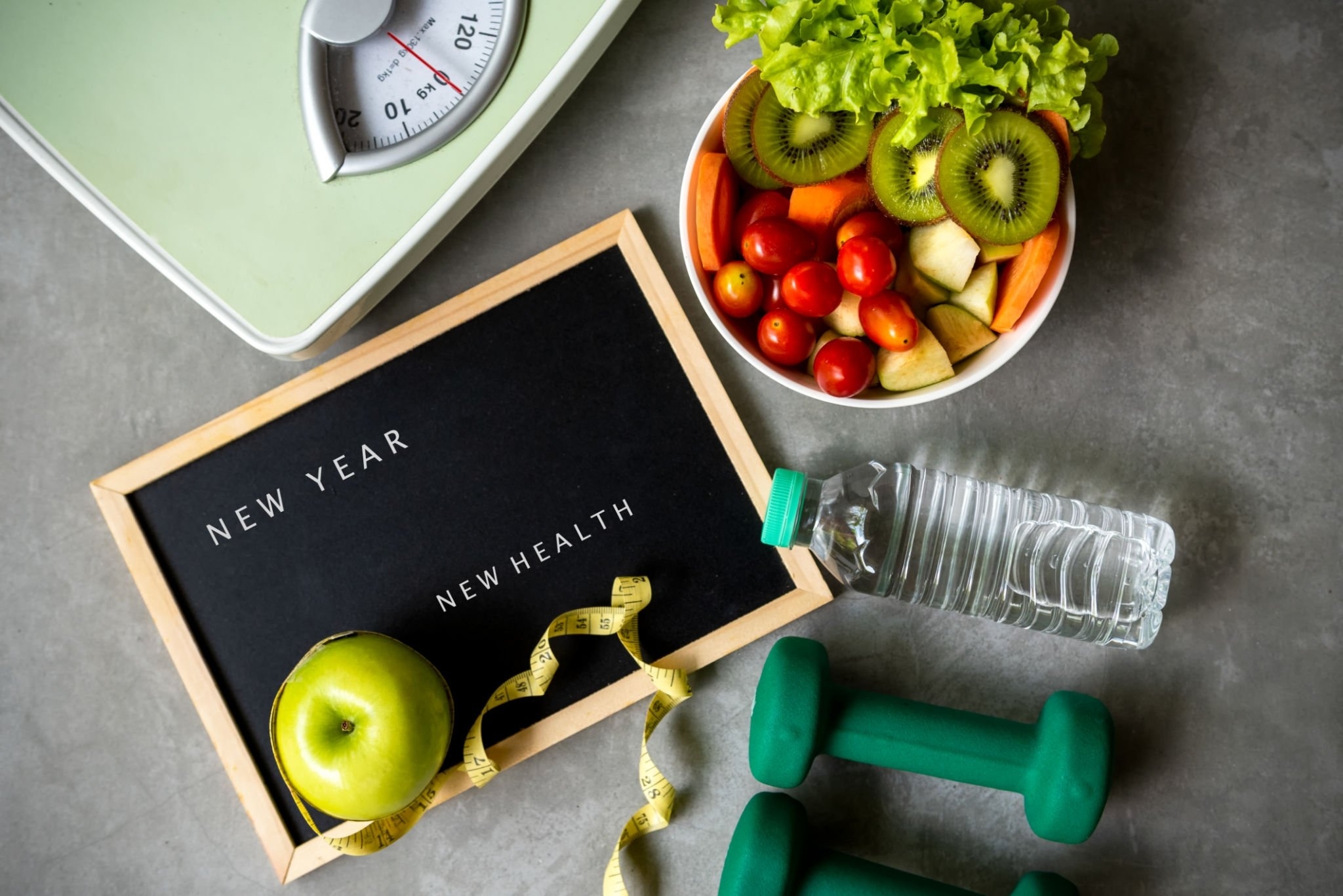
When you work out your fitness goals may include losing weight, building muscle, or improving your cardiovascular health. To get the best results you have to know how to keep your energy levels up and how to help promote muscle recovery. Protein is not the only nutrient that is important when working out, you also need carbohydrates, electrolytes, and fat.
You’re probably wondering what foods you should eat before and after working out. Here are the best options:
- Energy-dense foods such as protein powder and nuts help to increase your energy levels by providing nutrients that can be easily absorbed into your bloodstream. These drinks are ideal for long workouts because they don’t need to be digested, so there’s no chance of bloating or cramping.
- Electrolytes contain salt that helps maintain fluid balance in the body; therefore, electrolyte-rich sports drinks such as Gatorade or Propel are great for replenishing lost fluids after intense exercise sessions lasting longer than an hour. The combination of carbohydrates and sodium also helps prevent muscle cramps during prolonged cardio activities like running up hills or swimming laps in open water pools where cold water might come into contact with exposed skin areas (i.e., arms). Have some carbs before starting your workout regimen so that you’ll have enough energy throughout the entire session without getting tired quickly! Also, remember that depending on how much weight training sessions involve heavy lifting weights compared against cardio exercises like cycling bike riding outdoors all day long without stopping once; then perhaps consuming more calories per pound gained may be necessary depending upon how much extra weight has been gained over time.”
Energy Before a Workout
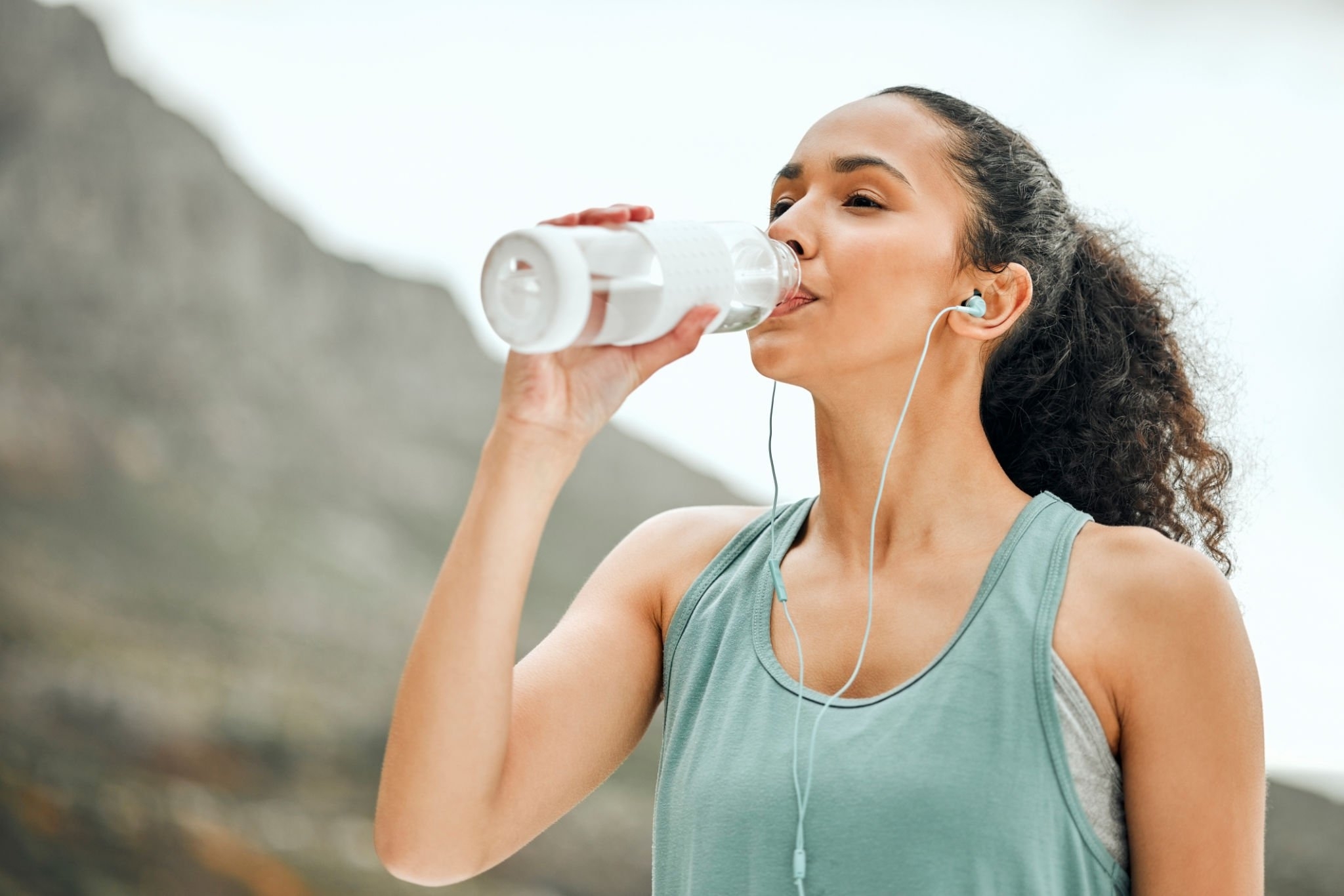
- Protein
- Carbohydrates
- Fat
- Fiber
- Vitamins and minerals (vitamins A, C, E)
- Antioxidants (vitamin C)
After the workout
After the workout, recovery nutrition is key. You want to replenish your glycogen stores so that you can train again, and also try to recover from any muscle soreness or fatigue.
- Protein shake: Depending on how much protein powder you use, this drink may have anywhere from 0 grams to 20 grams of protein per serving—so make sure it’s high quality! It should be made with milk or yogurt (preferably unflavored), peanut butter (if you like it), soy milk or almond milk as well as some fruit such as banana chunks or strawberries. Some people even add ice cubes for an extra cooling effect!
- Fruit: For example, applesauce-flavored yogurt is an easy way for anyone trying out their new workout routine at home because they don’t need equipment besides a blender which makes this process super convenient since all ingredients are already in one place instead of having them scattered throughout different cabinets throughout their house causing potential mix-ups while cooking dinner later down the road when someone forgets what was supposedly being used today because there was no label left behind somewhere else…or maybe even worse yet forgetting entirely how many cups were needed beforehand despite having checked multiple times before leaving the house each morning
Electrolytes
Electrolytes are a group of minerals that help your body to function correctly. They include sodium, potassium, chloride, calcium, and magnesium.
When you exercise or do any type of physical activity that increases the heart rate (such as weights or running), it forces your body to secrete more fluid into the bloodstream to transport oxygen around your muscles. This extra fluid can lead to dehydration if not replenished quickly enough after exercise ends. Electrolyte supplements can help prevent this from happening by providing quick-releasing nutrients that restore lost electrolyte levels back up into their normal range for better performance during workouts and recovery afterward
Fat
Healthy fats are essential. They can be found in nuts, seeds, fish, and avocados. Nuts are a great source of protein and B vitamins while also providing you with healthy fats like monounsaturated and polyunsaturated fatty acids (PUFAs). Omega-3 fatty acids found in fish like sardines or mackerel can help lower your risk of heart disease by lowering triglycerides, which are the main type of fat that contributes to heart disease. Avocados have plenty of fiber but also contain monounsaturated fat that helps lower LDL cholesterol levels while raising HDL cholesterol levels—this means they may lower your risk for clogged arteries!
What you eat overall is important but when you eat before and after a workout can make a big difference in how you feel and how successful your workout is.
When you eat, your body converts food into energy. To do this efficiently and effectively, your body needs fuel: carbohydrates (from fruits and vegetables) or fats (from meats).
The most important thing when working out is that you have enough energy to perform at a high level. The best way to get the right amount of fuel is by eating before and after working out.
Conclusion
If you want to get the best results, then it’s important to know what foods are going into your body. This includes when you work out and how long you workout out. You also need to eat before and after a workout so that your body has enough fuel during and after training sessions as well as during other activities such as going on hikes with friends etc. If you follow these guidelines, there will be less chance of getting injured because now I know exactly what works for me!

